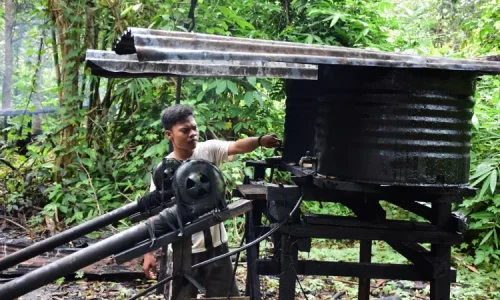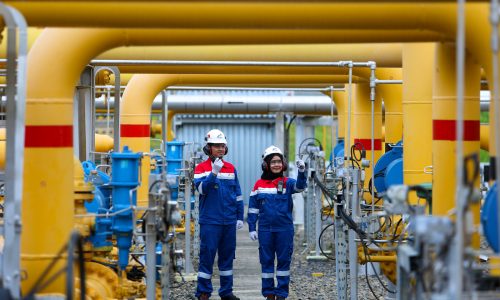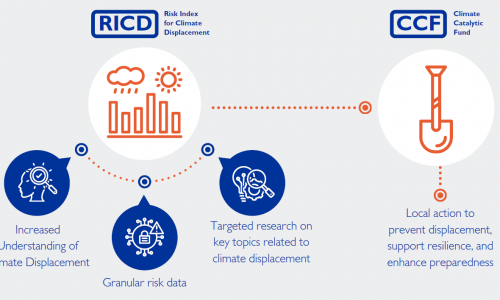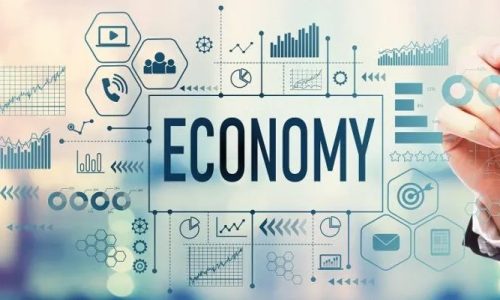The government launched on Monday, July 22, 2024, the expanded version of the Mineral and Coal Information System (SIMBARA) that initially covered a mere coal commodity into an extended system, including also nickel and tin commodities.
The launch of the expanded information system was co-held by Coordinating Minister for Maritime Affairs and Investment, Minister of Finance, Minister of Energy and Mineral Resources (ESDM), Minister of Industry, Minister of Trade, Minister of Trannsportation and Chairman of the Corruption Eradication Commission (KPK) in a ceremony held at the Ministry of Finance in Central Jakarta.
Head of the Communication and Information Services Bureau at the Ministry of Finance, Deni Surjantoro, said the launch of the renewed system is part of the government’s effort to improve the management of natural resources, particularly strategic commodities like mineral and coal, so that they will become more transparent, efficient and sustainable.
“SIMBARA is a digital platform developed to manage and monitor mineral and coal resources in Indonesia in an integrated way. The platform is managed by ministries and institutions,” Deni said in a statement on Monday.
By integrating nickel and tin commodities into the system, the government is attempting to improve data transparency and accuracy as well as to ensure compliance to existing regulation. This effort will not only benefit mining companies, but also the wider community and the national economy.
The extension of SIMBARA coverage shows government’s strong commitment in improving the management of natural resources to optimize the benefit of Indonesian natural resource for the welfare of the people through optimalization of state revenue.
SIMBARA has undergone several stages of development and improvement. In the first phase in 2021, the integration focused on the business process of coal commodity export sales involving the Ministry of ESDM, the Ministry of Trade and the Ministry of Finance, which includes the Directorate General of Budget , the National Single Window Agency, and the Directorate General of Custom and Excise.
Furthermore, in the second phase in 2022, additional integration of sailing permit business process at the Ministry of Transportation was carried out at 38 ports, with expansion for domestic coal sales.
In the third phase in 2023, full integration of SIMBARA was added to all ports, with a total of 57 mineral and coal ports, by connecting the Ministry of Transportation’s Inaportnet system with SIMBARA.
This year SIMBARA is developed to include nickel and tin commodities, by integrating the SIINAS system at the Ministry of Industry for downstreaming in smelters.
Deni said SIMBARA has managed to integrate 10 systems that previously stood alone in six ministries/institutions into a one-stop system that has a positive impact on business actors and the government, including one-stop service through single data entry; realization of one reliable mineral and coal data; integrated supervision; implementation of Domestic Market Obligation and effective mineral and coal downstreaming; fraud prevention through risk profiles, as well as prevention of illegal mining and avoidance of state revenue.
“The development of SIMBARA to include nickel and tin commodities is carried out through synergies between ministries/institutions, including the Ministry of Finance, Ministry of ESDM, the Ministry of Trade, the Ministry of Industry, the Ministry of Transportation, and the Central Bank (BI),” he said.
The integration of nickel and tin commodities into SIMBARA is the beginning of a new era in the management of mineral resources in Indonesia. The government has a long-term plan to continue developing and expanding SIMBARA’s functionality, with the ultimate goal of covering all types of minerals in the country.










